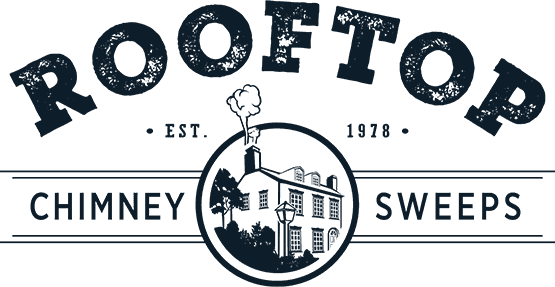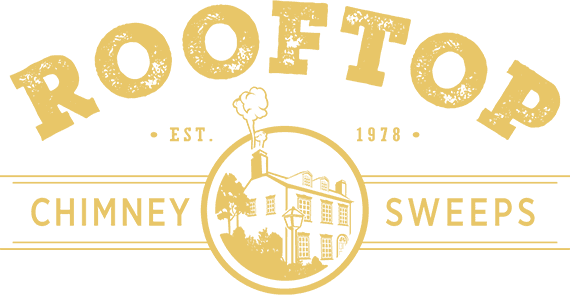
When it comes to chimney maintenance, one key question often arises: How often should a chimney be cleaned and swept? The answer isn't just a matter of routine; it's about safety, efficiency, and preventing costly repairs down the line.
The Fuel Factor: Gas vs. Wood
Gas Systems: The Silent Need for Maintenance
While gas fireplaces are known for their clean burning, they're not exempt from the need for regular maintenance. It's a common misconception that gas systems don't require sweeping. However, neglecting them can lead to a domino effect of component failure, leading to expensive repairs or even the need for a full system replacement. Regular maintenance not only prolongs the life of your gas system but also ensures that it burns efficiently. Without proper care, a gas fireplace can produce soot, necessitating chimney sweeping and doubling your maintenance costs.
Wood Fireplaces: The Creosote Factor
Wood-burning fireplaces have a more evident requirement for chimney cleaning. The key is to never allow more than 1/8 inch of creosote buildup inside the system. Creosote, a highly flammable byproduct of wood combustion, can accumulate in the chimney and pose a serious fire hazard. But cleaning isn't the only concern.
Chimney Safety Inspections: The Unsung Hero
Think of your chimney like a car. You wouldn't skip your car's regular oil change or its annual safety inspection. Similarly, your chimney needs regular check-ups. These inspections are crucial for identifying issues like blockages, damage to the structure, and wear and tear on safety components.
Annual inspections are recommended, especially if you're a frequent user of your fireplace. However, if you're a light user, you might stretch it to every two to three years—but be cautious. Delaying inspections can lead to minor issues snowballing into major, expensive repairs.
Practical Tips for Chimney Care
- Know Your Usage: If you use your fireplace regularly during the colder months, annual cleaning is a must. For occasional users, a biennial check might suffice.
- Watch for Signs: Pay attention to unusual smells, poor fireplace performance, or visible soot buildup. These are indicators that your chimney needs attention.
- Hire Professionals: Chimney sweeping and inspections should be done by certified professionals. They have the tools and expertise to do a thorough job and identify potential hazards as well as correctly diagnosing the root issues the first time. Nothing is more expensive than a misdiagnosed problem.
- Stay Informed: Educate yourself about your specific fireplace and chimney type. Different systems have different needs.
Conclusion: A Stitch in Time...
Regular chimney maintenance isn't just about cleanliness; it's a crucial safety measure. By staying on top of your chimney's cleaning and inspection schedule, you prevent dangerous situations, enhance the efficiency of your fireplace, and save money in the long run. Remember, a well-maintained chimney is not just a clean one; it's a safe and efficient part of your home.

